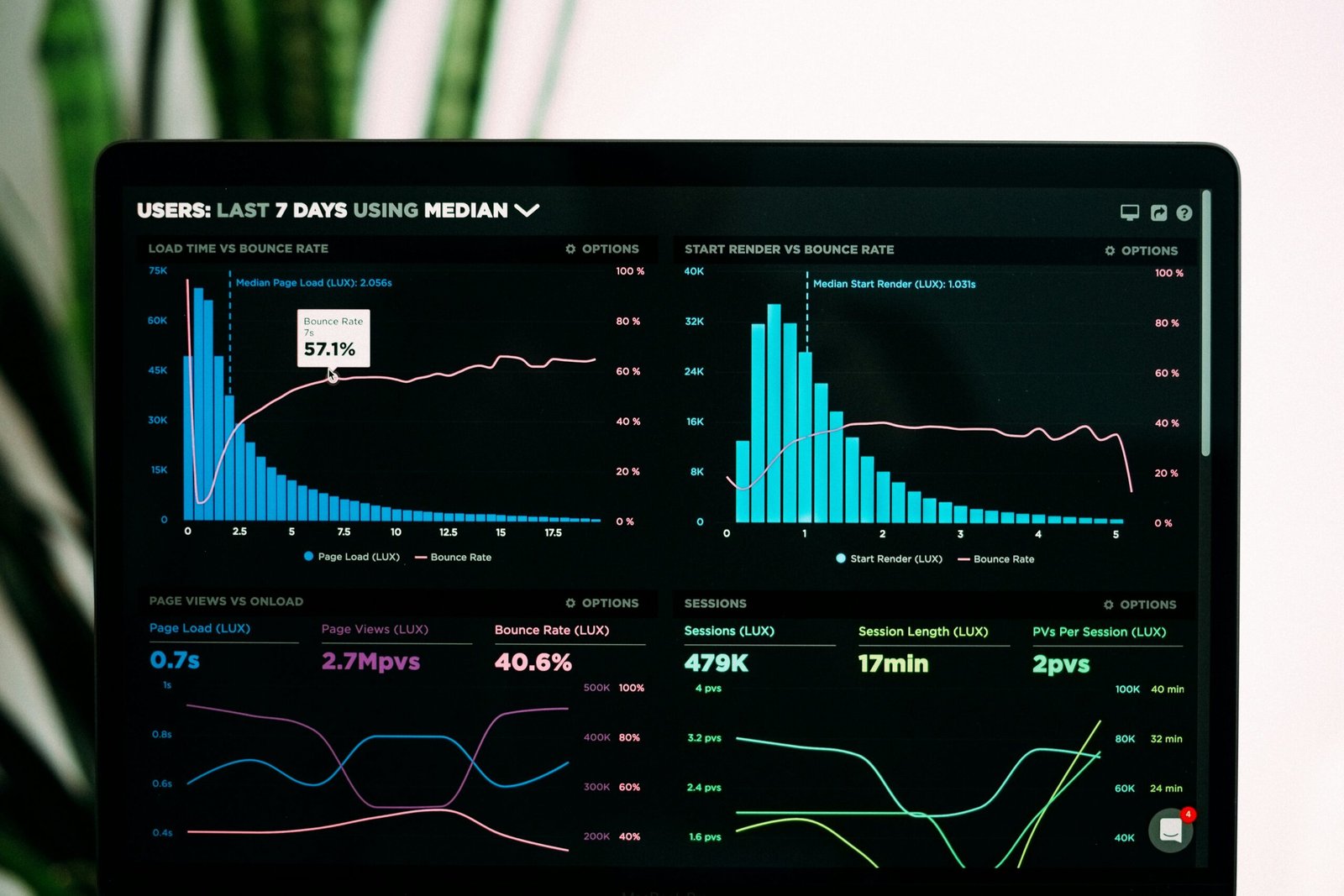In recent years, personal development has become a significant focus for many individuals seeking to improve themselves and achieve their goals. With the rise of technology, self-help and growth apps have emerged as powerful tools to support personal development journeys. These apps provide users with valuable resources, guidance, and motivation to enhance various aspects of their lives. To ensure a seamless and engaging user experience, UI/UX innovations play a crucial role in making these apps effective and user-friendly.
1. Intuitive Onboarding Process:
The first impression is vital in any app, and self-help and growth apps are no exception. An intuitive onboarding process can help users quickly understand how the app works and what it offers. By providing clear instructions and guiding users through the initial setup, these apps can ensure that users feel comfortable and confident from the start.
2. Personalized Content Recommendations:
Every individual’s personal development journey is unique, and self-help apps can leverage AI and machine learning to provide personalized content recommendations. By analyzing user preferences, goals, and progress, these apps can suggest relevant articles, videos, podcasts, and exercises tailored to the user’s specific needs. This personalization enhances user engagement and increases the likelihood of users finding content that resonates with them.
3. Gamification Elements:
Gamification has proven to be a powerful technique in enhancing user engagement and motivation. By incorporating game-like elements such as achievements, progress tracking, and rewards, self-help and growth apps can make the journey of personal development more enjoyable and satisfying. These elements provide users with a sense of accomplishment, encouraging them to continue their efforts and stay committed to their goals.
4. Interactive and Visual Interfaces:
Visual appeal plays a significant role in capturing and retaining users’ attention. Self-help and growth apps can leverage interactive and visually appealing interfaces to enhance user engagement. Incorporating animations, illustrations, and visually appealing progress trackers can make the app more enjoyable to use and motivate users to explore different features and content.
5. Seamless Progress Tracking:
Tracking progress is essential for personal development. Self-help apps can provide users with seamless progress tracking features that allow them to monitor their growth and accomplishments. Clear and visually represented progress indicators, goal-setting features, and reminders can help users stay on track and celebrate their milestones along the way.
6. Social Integration:
Personal development often involves sharing experiences and seeking support from others. Self-help and growth apps can integrate social features that allow users to connect with like-minded individuals, join communities, and share their progress. This social integration fosters a sense of belonging and provides users with a support system, enhancing their motivation and accountability.
7. Mindfulness and Meditation Features:
Mindfulness and meditation have gained significant popularity in personal development practices. Self-help apps can incorporate features that guide users through mindfulness exercises and meditation sessions. These features can include guided meditation audio, breathing exercises, and timers to help users cultivate mindfulness and reduce stress.
8. User Feedback and Support:
To continuously improve the user experience, self-help and growth apps should provide users with a platform to provide feedback and seek support. Incorporating feedback forms, chatbots, or support ticket systems can help users address their concerns, ask questions, and receive assistance when needed. This user-centric approach demonstrates a commitment to user satisfaction and ensures that the app evolves based on user needs and preferences.
In conclusion, UI/UX innovations are pivotal in elevating personal development through self-help and growth apps. By focusing on intuitive onboarding, personalized content recommendations, gamification elements, interactive interfaces, seamless progress tracking, social integration, mindfulness features, and user support, these apps can provide users with a valuable and engaging experience. As personal development continues to be a priority for many individuals, the role of UI/UX in enhancing self-help and growth apps will only become more significant.











Leave a Reply